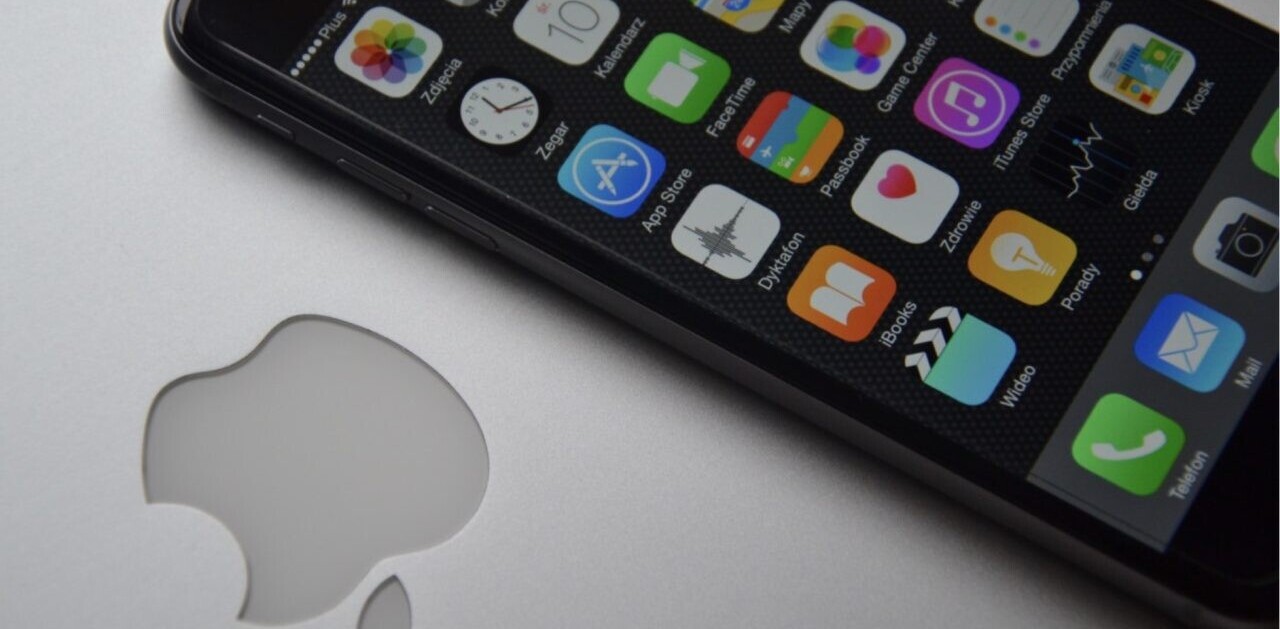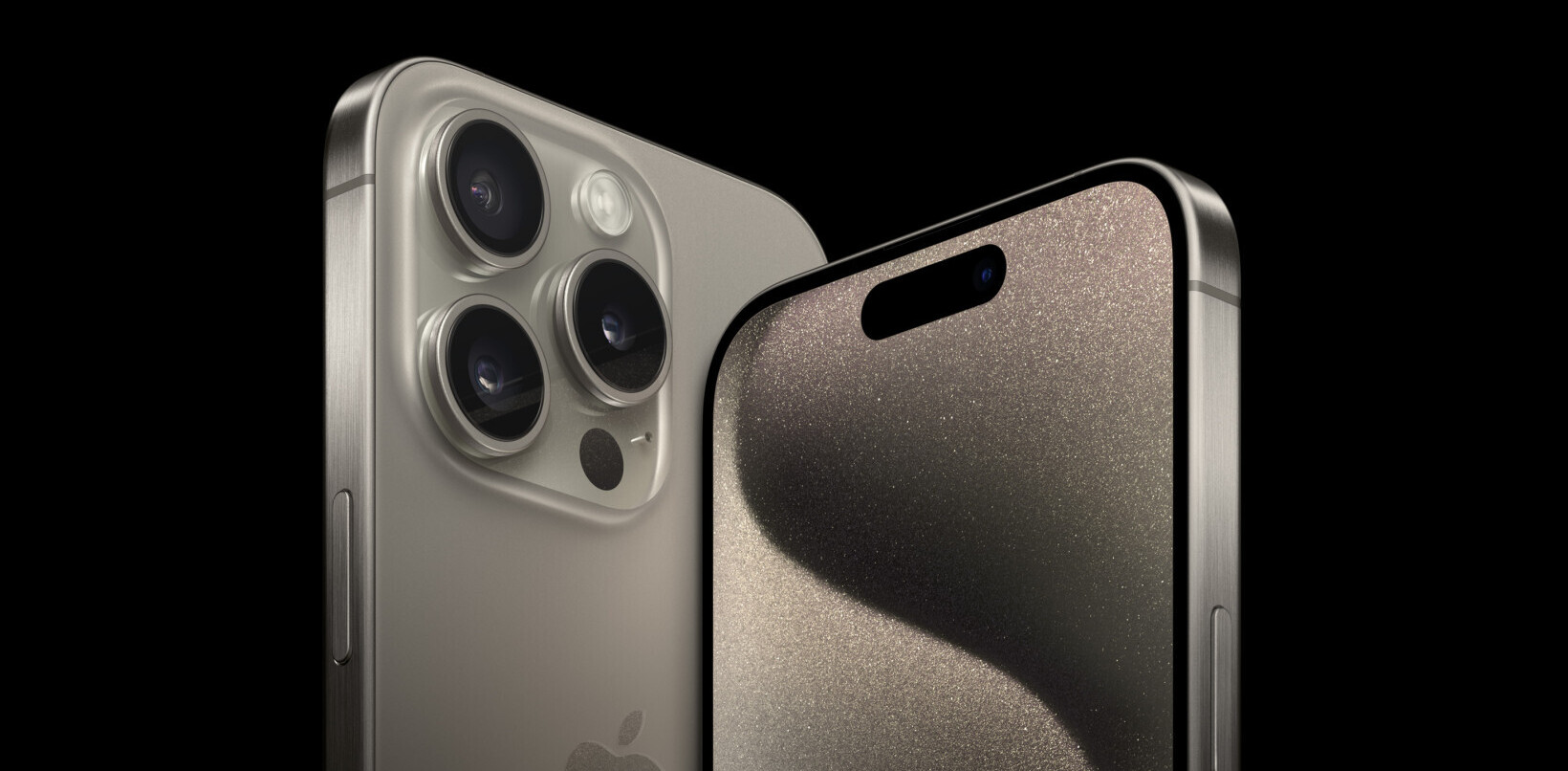
Apple has been told that from now on, it has to provide evidence that shows it is complying with court orders to turn over documentation related to a privacy lawsuit.
Bloomberg has reported that Paul S. Grewal, a US Magistrate Judge, issued the order after the plaintiff’s lawyers said that Apple was holding back paperwork that they had been ordered to turn over.
“Luckily for the plaintiffs, Apple has provided more than enough evidence itself to suggest to the court that it has not fully complied with the court’s order,” Grewal reportedly said. “In light of Apple’s performance in this case, the court cannot rely on its representations that this time it really has or will produce all responsive documents.”
The original lawsuit alleges that Apple has collected data from millions of iOS users who were completely unaware that it was taking place. The claim is that even when geo-location functionality is turned off on the iPhone or iPad, the company is still able to retain data based on where they’ve been.
What’s strange is that the evidence in question relates to an order given by Grewal last November. Apple waited more than three months before clarifying whether it had been able to supply the documentation – so it seems odd that until now, there has been no process in place to check for compliance.
All of this behaviour, however, is part of the common and arguably trivial push-and-pull that companies go through to try to hand over as little information as possible during legal proceedings.
Apple is also accused of failing to tell iPhone and iPad users that iOS can allow third-party apps to collect and monitor their personal information without their consent.
If true, that would go against the permissions pop-up prevalent in most iOS apps, and also affect consumer rights. In its report, Bloomberg cited Apple in the proceedings as saying it will continue to guard some documents because of what might happen if the information were “inadvertently released to the public or fell into the wrong hands.”
Apple, however, says it haven’t shown any evidence to support this claim. Grewel has therefore ordered Apple to submit a detailed account by the end of today, explaining how it collects and evaluates the evidence it has been ordered to hand over to plaintiffs.
“The court wants to know how Apple limited its production,” Grewal reportedly wrote.
Today’s news follows a similar case involving a group of iPhone owners in Korea, who withdrew a lawsuit against Apple in January for violating their privacy with its location tracking service. Originally filed in 2011, they had also claimed that the US firm was illegally enabling location-based features without their consent.
The current case continues, although if this most recent back-and-forth is representative of the case at large, it will be quite some time before we see any real resolution or explanation for the plaintiff’s claims.
Image Credit: KIMIHIRO HOSHINO/AFP/Getty Images
Get the TNW newsletter
Get the most important tech news in your inbox each week.




